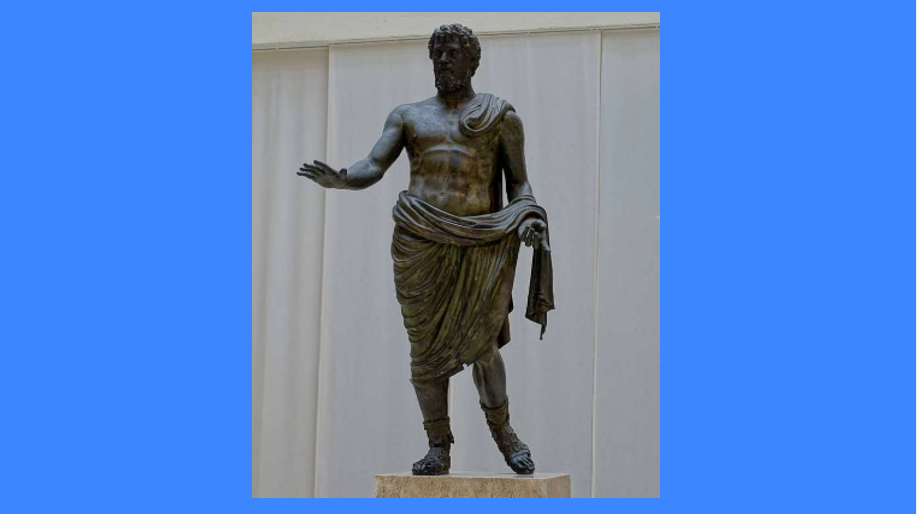YORK, 211 CE — Long before the British Empire emerged, Septimius Severus, a man of African descent, governed Roman Britain with strategic brilliance and imperial authority. Born in Leptis Magna (modern-day Libya) in 145 CE, Severus rose through the Roman political and military ranks to become Emperor in 193 CE, founding the Severan dynasty and reshaping the empire’s northern frontier.
From Libya to Rome’s Highest Office
Severus hailed from a prominent family in the Roman province of Africa. His ascent began under emperors Marcus Aurelius and Commodus, culminating in his victory during the Year of the Five Emperors. His reign was marked by consolidation of power, military expansion, and administrative reform.
Campaigns in Britain
In 208 CE, Severus made Eboracum (modern-day York) his base while leading campaigns to reinforce Hadrian’s Wall and suppress uprisings in Caledonia (Scotland). He raised soldiers’ pay, improved roads, and stabilised imperial finances, earning a reputation as one of Rome’s most capable rulers Wikipedia English Heritage.
Though his campaign in northern Britain was cut short by illness, his presence in York left a lasting imprint. He died there in 211 CE, and was succeeded by his sons Caracalla and Geta, continuing the Severan lineage.
Legacy and Historical Significance
Historians from the British Museum, Oxford Classical Dictionary, and National Geographic History describe Severus as a pragmatic reformer and skilled military strategist. His rule in Britain, centuries before the transatlantic slave trade, underscores the long-standing African influence in European history Wikipedia English Heritage Britannica.
The Arch of Septimius Severus in Leptis Magna and surviving Roman infrastructure in Britain stand as testaments to his legacy. His story challenges modern assumptions about race, empire, and historical power, offering a richer understanding of global interconnectedness in antiquity.
Summary: Septimius Severus, born in Libya, ruled Roman Britain from York over 1,800 years ago. As emperor, he fortified Hadrian’s Wall, reformed military pay, and stabilized the empire’s finances. His legacy reveals a powerful African presence in British history long before colonial narratives began.
Emperor Septimius Severus Statue Picture from Cinquantenaire Museum – Brussels, Belgium
Sources: English Heritage, Wikipedia, Britannica, Historic UK, Roman Britain Archives



